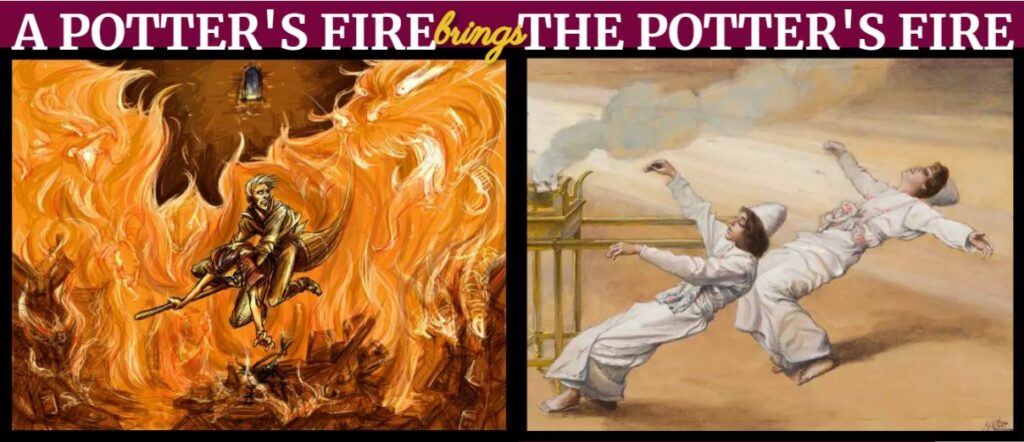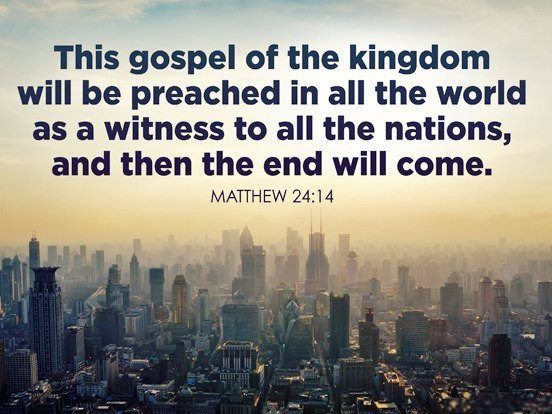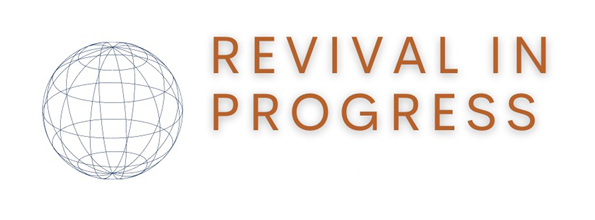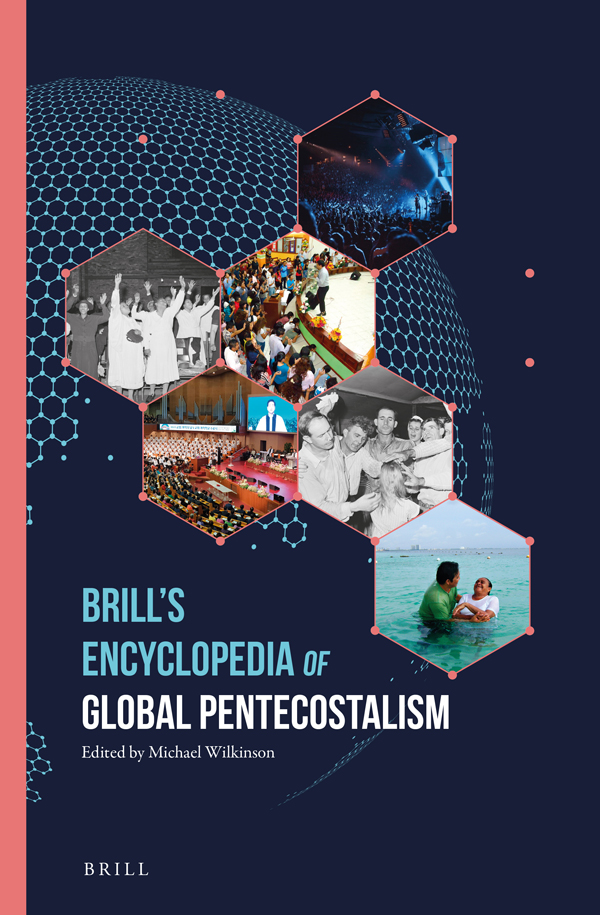SIGNS of the LAST DAYS: The Mark of the Beast

25 Years of Revivals in America
Thankful for 25 Years of Revivals in America
After 33 years of ministry, more than half of it on this side of the globe, we have now preached revivals in America for over quarter of a century. I have lost count how many times we’ve crossed from the Dakotas to Texas, and from the Carolinas to California to preach the Gospel to all willing to hear. I do remember one time when we drove 18 hours straight to Minneapolis, preached a single sermon, turned around and drove back the same distance due for another appointment. I’ve recorded every place, time and sermon. If needed, I can calculate the distance of getting there and back in total millage too. I’ve long lost the count of sets of brakes and tires worn-out during travel. Maybe, the next 25 years I’ll just fly! But through all this, I’ve often stood at a church parking lot, spent out from preaching, looking at the blue sky above and realizing: I am living my dream. Preaching is all I’ve always wanted to do!
Two times, apart from the 1990 post-Communist revival in Bulgaria, we have experienced continuing Holy Ghost revival in America. The first time was in the summer of 1999 in South Carolina, where one revival night multitudes were called to the ministry and on other nights, we just could not close the services with the power of God so powerfully evident. If you were a pastor back then, we most probably preached in your church one of these revivals, which are now marked by our 25-year anniversary.
In 1999, our revivals were weeks before the Y2K. Perhaps naively, I contributed the unusual move of the Spirit and extraordinary attendance to the turn of the 21st century. We were forced to see things a bit more prophetically, when we were hit by a fresh wave of revival pre-pandemic in the Spring and Summer 2019. Along with preaching virtually daily during the revival season, we were able to publish our New Testament Interlinear in Bulgaria and distribute it to our churches just before the shutdown.
This time, the revival in 2023 came a bit sooner than the usual decade-long cycle we had experienced with the past two. As we are getting ready to continue our 2023 Revival Harvest Campaign with a Community Communion service just in time for Thanksgiving this week, we have completed two full months of revivals in Polk County. Some 50 back-to-back services can truly change one’s perspective on our days! That God is at work is not even in question here, but what about the Church?
Exactly 20 years ago in his book “A Call to Righteousness: Impending Judgment,” Dr. David Franklin outlined the cycle of repentance for a nation’s revival as following:
- When a nation persists in violence, the Sovereign Lord confronts and holds responsible,
- When a nation forgets God, He allows for times of repentance,
- If repentance is ignored, God will expose and execute judgment on an unfaithful nation.
Every time God renews His covenant with His people, He shows His presence! (a) We know that God is present in the covenant, because He shows His glory. It happened to Moses and his generation. And it also happened to Solomon several hundred years later. (b) When a generation loses the vision of the Glory of God, God begins renewing His covenant again with a new generation. (c) God is not satisfied with a people who know the signs and the blessings of the covenant. He rests not until He is revealed as the God of the Covenant!
This Biblical truth is valid for any nation in the world, and I often draw a painful parallel of similarities with my home country of Bulgaria; where in October the 7th government elections since the start of the 2020 pandemic did not produce the desired change. Though the voting machines imported from Venezuela were pulled out a day before the election for obvious reasons, the vote went in history as the lowest ever with only 33% participating. This halted the acting government, setting the country for another parliamentarian election in 2024. With two regional wars now (Ukraine and Israel) and record high inflation, Bulgaria is walking a close line to another national crisis as we experienced back in 1997. In the midst of this, the Church of God Balkan Ministry Center in Sofia, which was initially sold in 2021, is back on the market with first installment toward its purchase made on November 16, 2023.
Meanwhile, on the national Day of National Awakening (celebrated after All Saints Day on November 1st), we were able to release and present the first Greek-Bulgarian Interlinear of the New Testament online. Its name, Evangelieto.com, means The Gospel in Bulgarian. This new website is a natural continuation of Bibliata.com – the first Bulgarian Bible online, we released back in the fall of 1996. This new online edition, which has been in the works since 2016, is dedicated to those students of the Bible, who prefer working with the original texts, rather than using the multitude of new Bible revisions often with religious and ideological orientation. The Greek-Bulgarian Interlinear of the New Testament online proposed the following solutions to the Bulgarian Bible translation:
- A non-received text – Textus Haud Receptus
- Critical Edition of the Greek New Testament (Tischendorf, Westcott&Hort, Nestle-Aland, UBS and SBL)
- Literal translation from Greek, made word for word without dynamic equivalents
- Linguistic paradigm for repetitive parallel permutation structures in the Greek-Bulgarian translation
- Analytical Greek New Testament with complete morphology of the words
- Complete textual commentary of the New Testament with thousands of references
- Audio/video reading of the verse with its original and consequent variations
- Discussion board under each verse for pastors and ministers to offer their thoughts on the text.
Thankful for 25 Years of Revivals in America: Revival Must Go On!

DO NOT COPY THE FIRE!

By Kathryn Donev
If I were to ask you if it would be okay for your child to hang out with a friend that actively practices witchcraft, I’m certain you would be appalled by the question and your very quick response would be a sharp, “No”. But when encompassed in a kid friendly fantasy world, a young boy named Harry who studies at a school of wizardry and possesses a simple stick that shoots cool fireballs seems harmless.
I’m reminded of a story in Leviticus in which two boys thought it would be okay to play with strange fire.
It’s a very simple story. Arron’s sons, Nadab and Abihu, who were priests of the wilderness tabernacle took their censers and put unauthorized fire in them. They then were instantly consumed by the Fire that came from the presence of the Lord and died. The Potter’s fire, the true fire, the authorized, familiar fire consumed everything. This is a lesson that teaches that we are not to let our children play with strange fire. A potter’s fire that seems so innocent, could cost your children their life.
It is our responsibility as parents to teach our children that we are not to play with cool looking fire even though it’s only “make-believe”. Witchcraft is real. It is dangerous. It is confusing and The Potter is not a God of confusion. We must protect our children from being consumed.

BULGARIA in Brill’s Encyclopedia of Global Pentecostalism
Brill’s Encyclopedia of Global Pentecostalism (BEGP) provides a comprehensive overview of worldwide Pentecostalism from a range of disciplinary perspectives. It offers analysis at the level of specific countries and regions, historical figures, movements and organizations, and particular topics and themes. The online version of the Encyclopedia is already available
For some of you it has been a long time ago that you submitted your article(s) for BEGP, for others it was a bit more recent, but I am very happy to announce that this Summer the print edition of Brill’s Encyclopedia of Global Pentecostalism will finally see the light. With this we can proudly close this chapter and proceed to see what the reception of the volume will bring! Thank you for being part of this great project!
To celebrate, we will organize an online symposium on September 16th, with presentations from the editors as well as 3 experts who will comment on BEGP: Amos Yong, Birgit Meyer and Néstor Medina. You can find more detailed information in the attached flyer. Please be welcome.
Registration is free (but necessary to receive a link); we will raffle one free copy of the print edition among the registered participants. For registration and questions, please send your message to [email protected], mentioning Symposium in the subject line.
We hope to see you then!
SIGNS of the LAST DAYS: Good called evil and evil good

SIGNS of the LAST DAYS: GOSPEL preached to all the world

SIGNS of the LAST DAYS: GOG and MAGOG

SIGNS of the LAST DAYS: Middle East Tension

Revival in Progress
When we wrote back in March and again last month, we could hardly imagine what God had in store for our area. After three full weeks of revival with the Ballplay (9/17-22), Friendship (9/25-30) and Conasauga (10/2-5) churches, three more revivals are on our schedule this month. Swept by the wave of the Spirit, several independent churches have joined in with parallel meetings, thus multiplying the expected attendance exponentially. Impressed to extend the revival through November, our next 20+ consecutive meetings will be in revival tents by the highway. Meanwhile all across the country of Bulgaria:
- Pandemic has grown to the level of “mandatory” mask mandate across the country
- Importing Ukrainian “war grain” sparked multiple anti-government protests in Bulgaria
- As a result, the 5th government elections in Bulgaria since the pandemic will be in October
- A new NATO base (est. $55 mil.) will be built within the next few months next to my hometown of Yambol, which is bringing new attention to our Chaplaincy program there.
We appreciate your prayers and support at all times. We remain grateful for your commitment and partnership with our work for the Kingdom here in the States, Europe and beyond.

SIGNS of the LAST DAYS: People will not believe the signs









